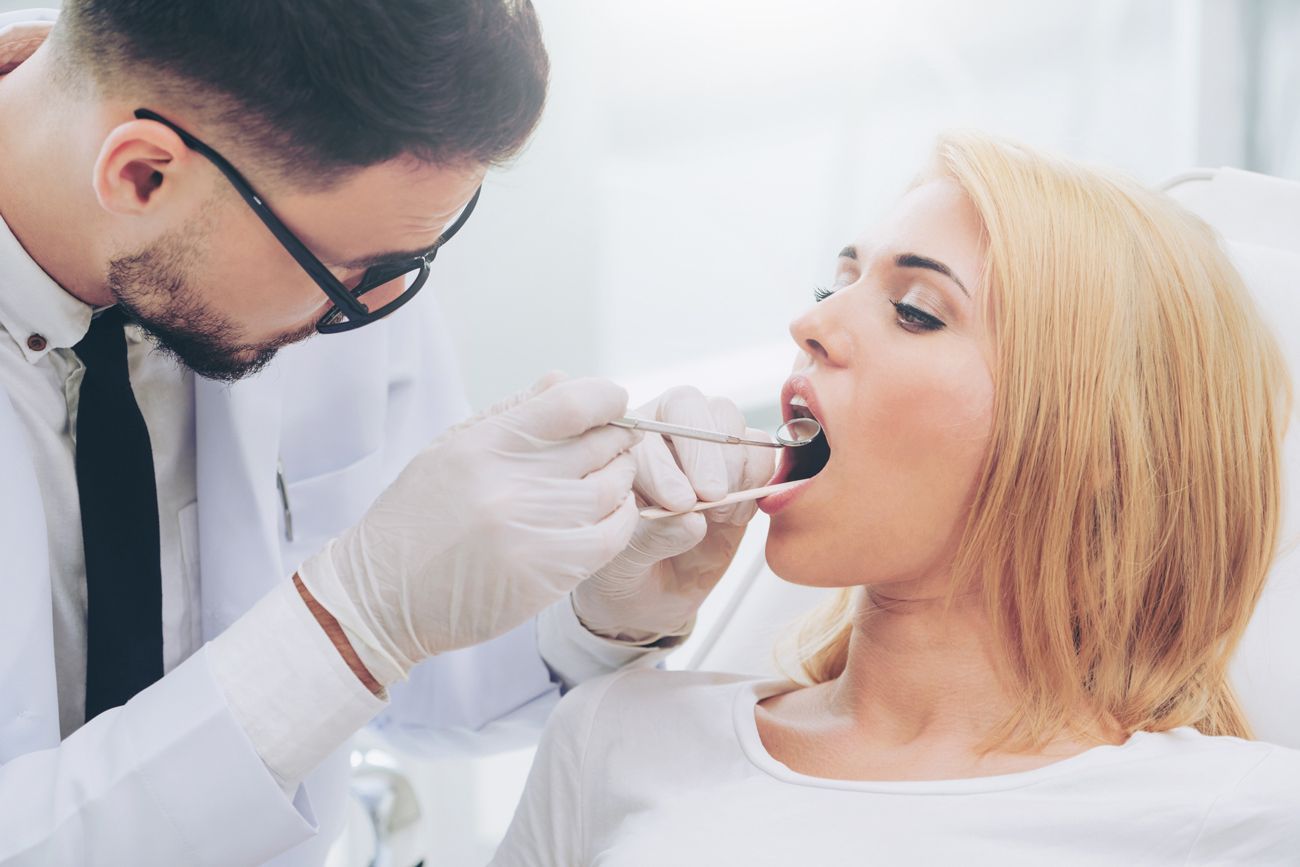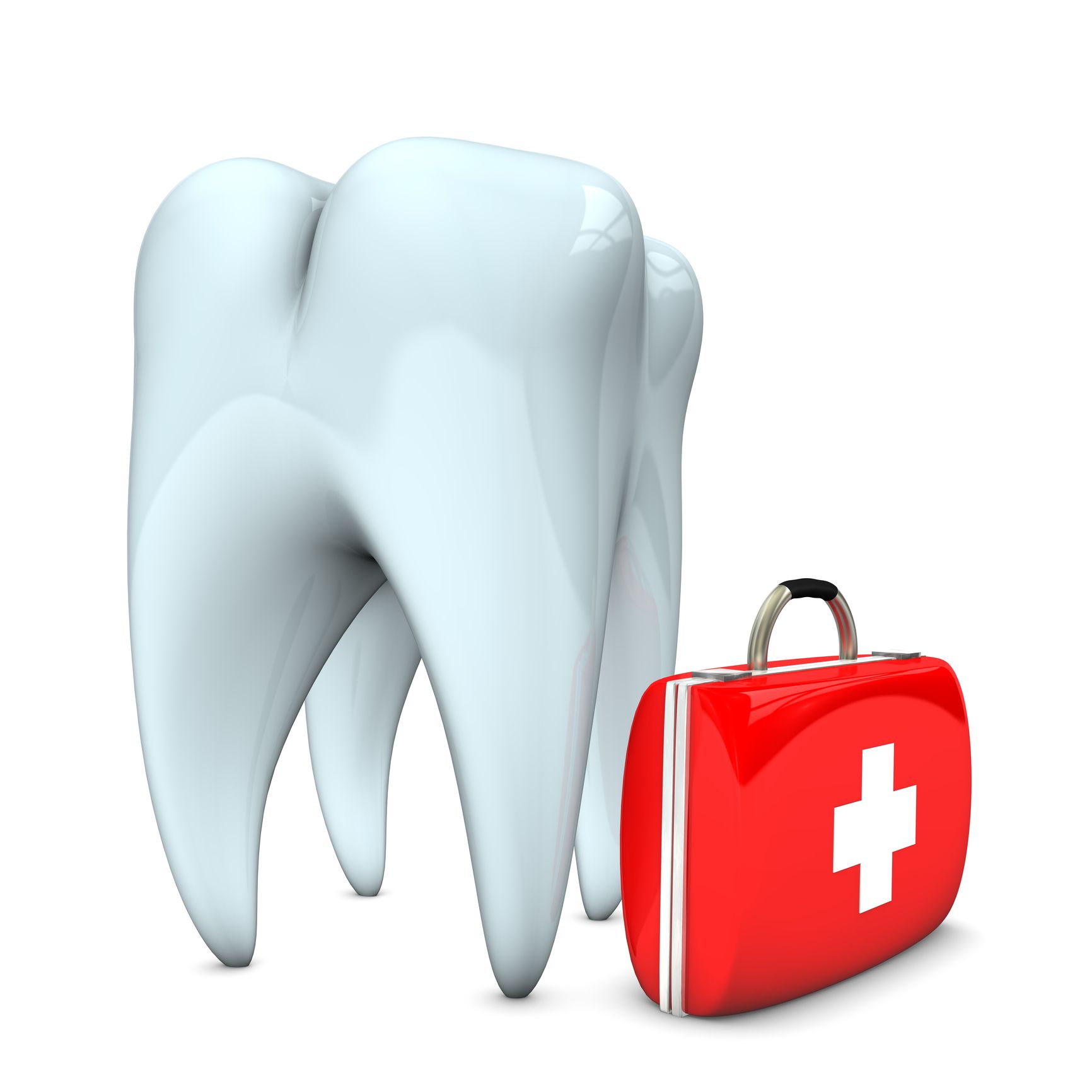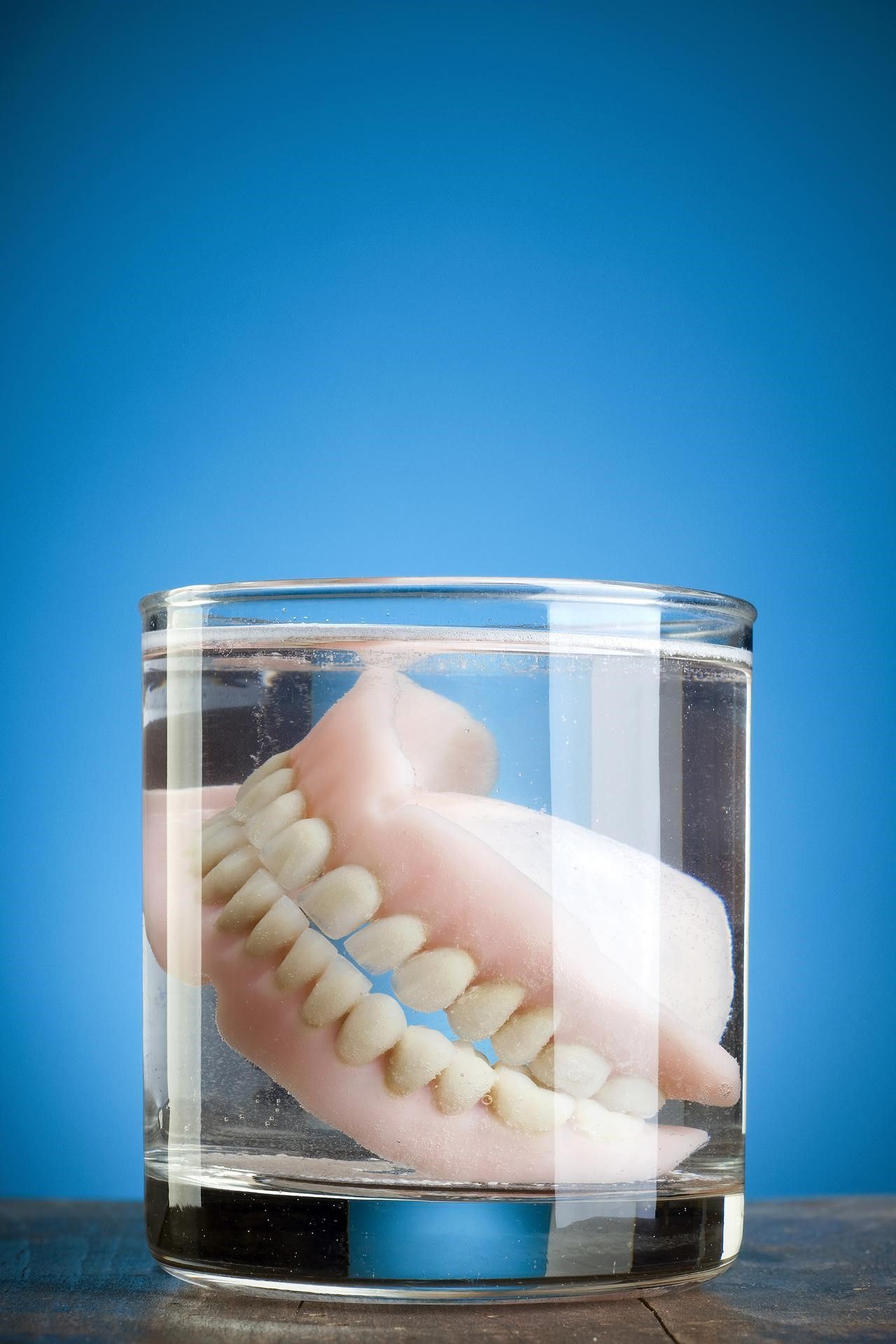Why Do Your Gums Bleed and What Can You Do?
Admin • June 28, 2020

Do your gums bleed? Even though this common dental complaint may seem startling, it's a treatable oral issue. If your gums bleed when you brush, floss, or eat, take a look at what you need to know about the causes and treatments.
Why Do Gums Bleed?
There isn't one universal answer to this question. Gums bleed for several possible reasons. The key to successful management and treatment is discovering the cause. Possible causes of bleeding gums may include:
- Gingivitis. This mild form of gum disease can cause your mouth to bleed when you brush, floss, or eat hard/chewy foods. While gingivitis typically doesn't indicate a serious infection, if left untreated it can progress into more serious periodontal disease.
- Periodontal disease. According to the National Institute of Dental and Craniofacial Research, 5 percent of adults ages 20 to 64 have moderate or severe periodontal disease. This advanced form of gum disease can cause bleeding, swollen, red, or painful gums.
- Tooth brushing. Dental disease isn't the only cause of bleeding gums. Over-brushing or a hard-bristled brush can irritate your gums. This can result in bleeding, swelling, or discomfort.
- Flossing. Like brushing, over-flossing or the use of too much pressure can also cause your gums to bleed.
- Pregnancy. Are you pregnant? Hormonal changes, decreased saliva production, and morning sickness can all lead to gum-related issues.
- Vitamin deficiency. Some vitamin deficiencies, such as C and K, may cause gums to bleed more easily.
- Some types of medications. Some prescriptions, such as blood thinners, may make it more likely your gums will bleed.
If you're not sure which of these reasons is the cause behind your oral issue, talk to your dentist. The dentist will examine your mouth, take a dental history, and ask questions to figure out the cause behind bleeding gums.
What Is the Treatment for Bleeding Gums?
After the dentist diagnoses a cause, they can create a treatment plan for your bleeding gums. The specific treatment depends on the cause and may include:
- Increased at-home oral care. You may stop the progression of gingivitis with improved oral care. The dentist may suggest a new brush, longer brushing, or increased flossing.
- Decreased at-home oral care. Even though you need to brush for at least two minutes twice a day and floss, if you overdo it causes your gums to bleed, the dentist may suggest you scale back or use less force.
- A new brush. Replace a hard-bristled brush that tears tender gum tissue with a softer model.
- Careful brushing. If you use a blood thinner or another medication that increases the likelihood of bleeding issues, cautiously brush your teeth.
- A rinse. The dentist may suggest a simple saltwater rinse or may prescribe a therapeutic mouthwash to reduce the likelihood of an infection.
- Regular dental visits. Continue to schedule regular in-office cleanings and checkups. If the dentist feels your gum disease is severe or requires extra care, they may recommend visits every few months or several times per year.
- Root planning and scaling. This deep cleaning is done in the dentist's office. The procedure removes tartar and bacteria from beneath the gum level. This can reduce the effects of periodontal disease and help your gums heal.
- Dietary changes. If you have a vitamin C or K deficiency, dietary changes may reduce bleeding. Try vitamin C-rich foods, such as citrus fruits, broccoli, tomatoes, or bell peppers, or vitamin K-rich foods, such as kale and spinach.
Special situations that you can't change, such as pregnancy or medication use, may require a different type of treatment tactic. Your dentist can help you choose the best course of action for your oral and overall health.
Do you need to schedule a dental visit? Contact Eastland Dental Center & Professional Dental Care
center for more information.
Have an infected tooth? Extracting it might seem the best choice. But that’s not the only option. Before you decide, think about the following questions.









